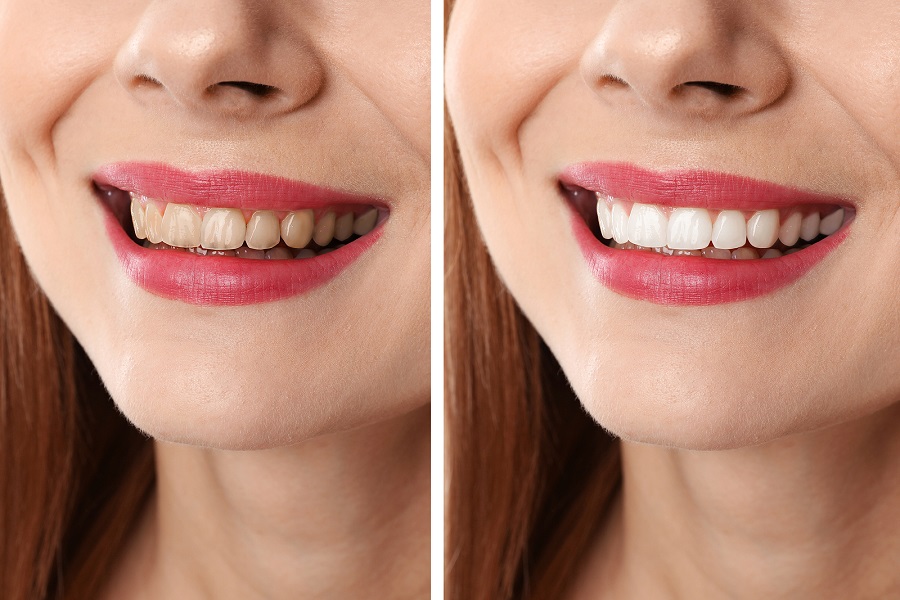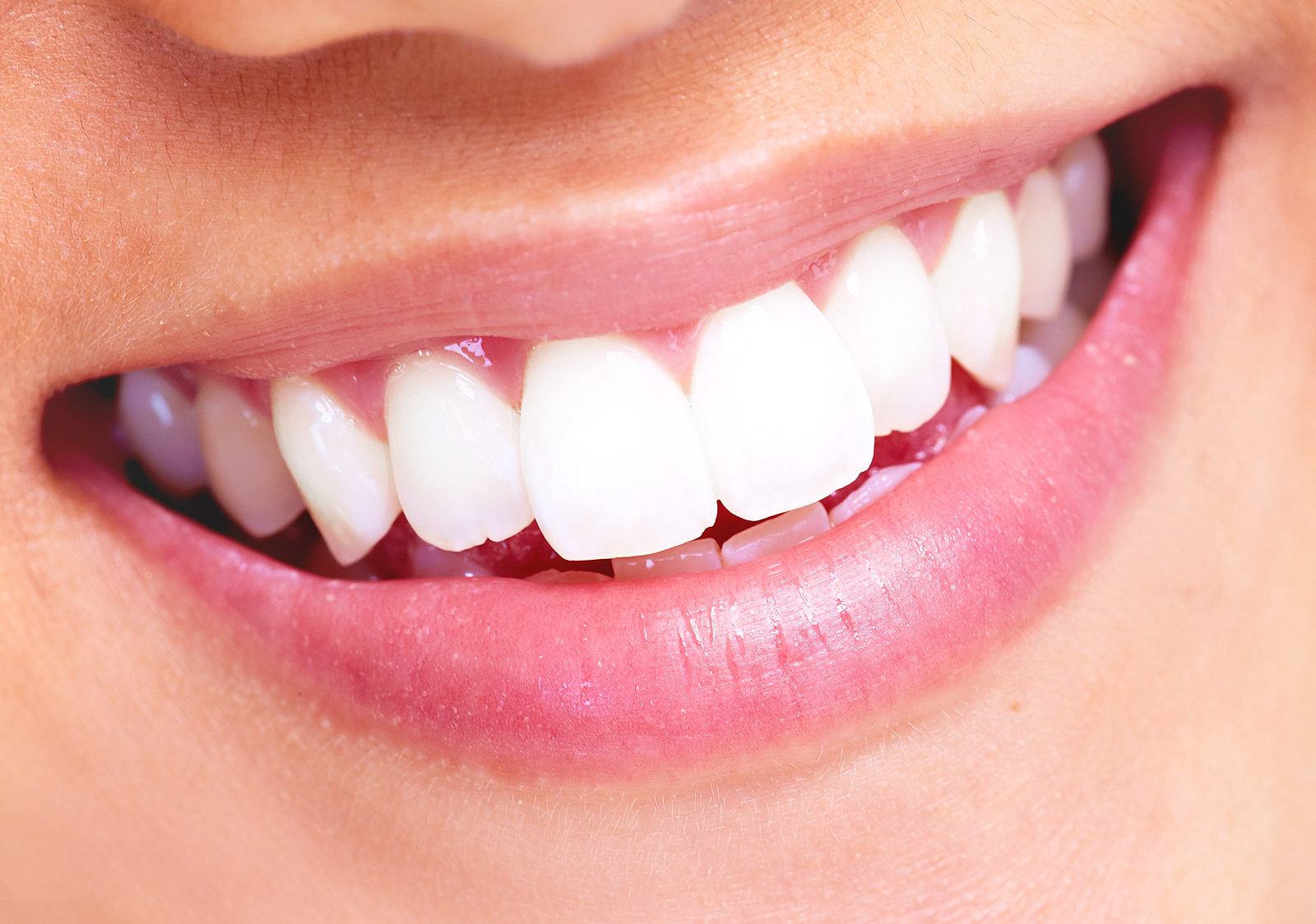COMMON SYMPTOMS OF TOOTH DECAY
Having a toothache that won’t seem to let up? Noticing sensitivity when drinking hot or cold beverages? These symptoms and more are signs of tooth decay. Tooth decay occurs over a time period and will eventually result in a cavity (hole in the tooth). The decay will first start at the surface of the tooth before going deeper and causing additional damage to the tooth’s inner layers. All populations are at risk for tooth decay—even infants.
TOOTH DECAY SYMPTOMS
Tooth decay symptoms vary from person to person. In fact, patients may not realize they have cavities until their regular dental visits. Over time, as the tooth decay worsens, symptoms are more likely to occur. The following are the most common signs of tooth decay:
- Tooth pain:When a tooth decays, you may feel a continuous ache at the site. Alternatively, the toothache may occur spontaneously without any particular cause. Toothaches from cavities may be a dull ache or a sharper sudden pain.
- Tooth sensitivity: Tooth pain and tooth sensitivity occur when the tooth decay causes the pulp to become irritated. The pulp is the part of the tooth where the nerves are located. The sensitivity is more likely to occur when you eat or drink something hot, cold, or very sweet.
- Visible changes: Tooth decay can result in holes or pits in the teeth that can be seen in the mirror. Brown or black spots can appear as well on affected teeth.
- Bad breath:Bacteria growth can flourish in the area where the teeth have decayed. They can also cause a foul odor to emit from the mouth. You may also notice an unpleasant taste in your mouth due to the presence of bacteria.
- Pus: If left untreated, tooth decay can result in pus building up around the affected tooth.
TOOTH DECAY PREVENTION AND TREATMENT
Tooth decay is caused by acid from plaque building up on your teeth. The tooth decay will soften the enamel of the teeth and eventually cause a cavity to form. The cavity will grow larger and can destroy the entire tooth over time. As the acid dissolves the inner dentin layers of the tooth, it can result in a root cavity. Root cavities are more likely to cause pain since the nerves inside the teeth are exposed. To avoid the complications associated with tooth decay, prevention is key. For one, regular dental checkups are a must. A dentist can check for tooth decay symptoms and address any issues immediately. Dietary changes can help too—especially by cutting back on foods high in sugar or carbohydrates. Brush after meals with a fluoride toothpaste and floss daily. Avoid tobacco and alcohol since these substances can promote tooth decay. If you have dry mouth that occurs on a regular basis, see your primary doctor about treatment since this condition can contribute to tooth decay. Tooth decay requires intervention from a dental provider. A dentist will confirm the presence of tooth decay through x-rays. If the tooth decay is in the early stages, a dentist may only recommend dietary changes and practicing good oral hygiene. The dentist may also perform a fluoride treatment as a way to strengthen the tooth’s enamel. If a cavity has formed, the decay will need to be removed before a filling is placed at the site. When the tooth decay has reached the pulp, a root canal is required. If the tooth has been badly damaged by the decay, extraction may be needed. Getting treatment early for tooth decay is critical to preventing more serious dental issues. The friendly and experienced dental team at Biltmore Commons Dental Care is here to help.Book an appointment today to get treatment for tooth decay and prevent any future incidences.






















0 comments